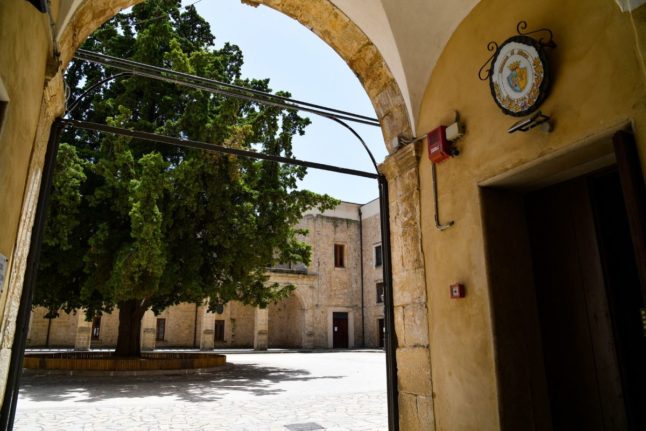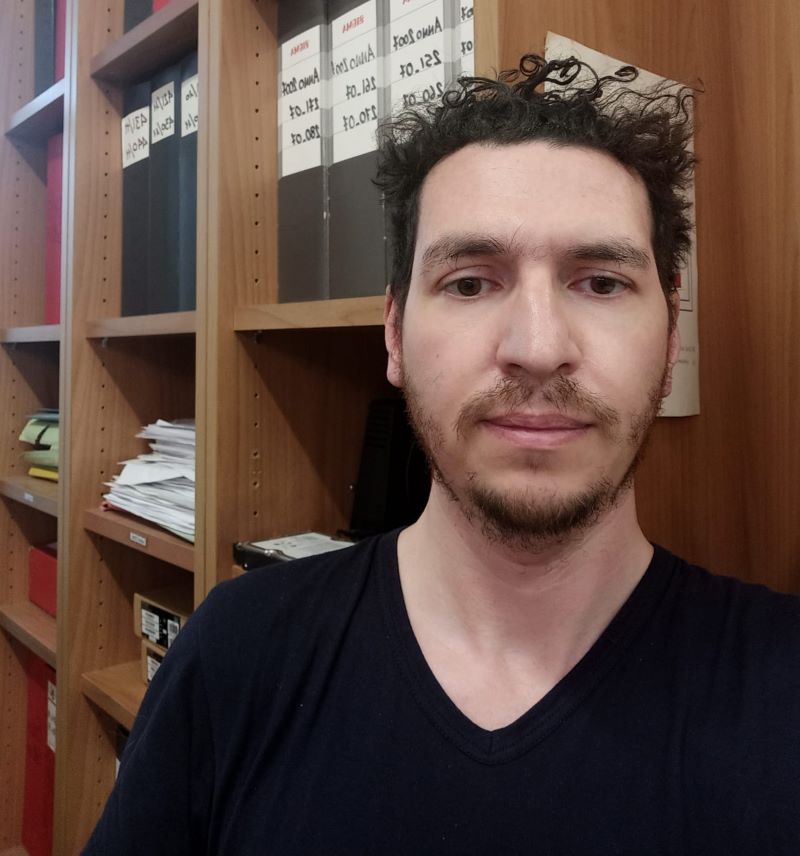The city hall motion received support from a seven-strong block of political parties, including Prime Minister Matteo Renzi’s Democratic Party (PD).
But while 29 Turin politicians voted in favour of scrapping Mussolini’s citizenship, three voted against and five abstained.
Members of Berlusconi’s Forza Italia, along with those from the far-right Fratelli d'Italia (Italian Brothers), sought to block the move.
“This is a cultural battle” akin to the “revision of history”, said Forza Italia member Angelo D’Amico ahead of the vote.
“If you want to cancel the memory, with this act, then we can also cancel the Day of Memory, so there is no longer anything to remember,” he said, referring to Italy’s remembrance day for Holocaust victims.
But PD politician Michele Paolino said “no-one wants to revise history”, describing the fascist era as a “shameful page for the conscience of our entire population”.
“Councillor D’Amico can today fight against Mussolini’s citizenship being revoked, but if I had fought against him in 1924 I could have been arrested, tortured, perhaps killed.
“Our motion is therefore a sign of respect for those who sacrificed their lives,” Paolino said.
Among the abstentions were the far-right Northern League (Lega Nord) and the New Centre-Right (NCD), a breakaway party from Forza Italia which is led by Interior Minister Angelino Alfano.
Speaking for the NCD, Enzo Liardo said his party would not seek to block the motion but that he saw the measure as “anachronistic”.
Mussolini was awarded honorary citizenship across Italy during the 1920s, in cities including Bologna, Florence and Varese.
The fascist leader is still lauded by some Italians, seen as a strong leader who worked for the country’s national interest. Just last year Berlusconi said Mussolini “did good things in so many areas,” saying his racial laws were the leader’s “worst mistake”.
Don't miss a story about Italy – Join us on Facebook and Twitter.




 Please whitelist us to continue reading.
Please whitelist us to continue reading.
Member comments